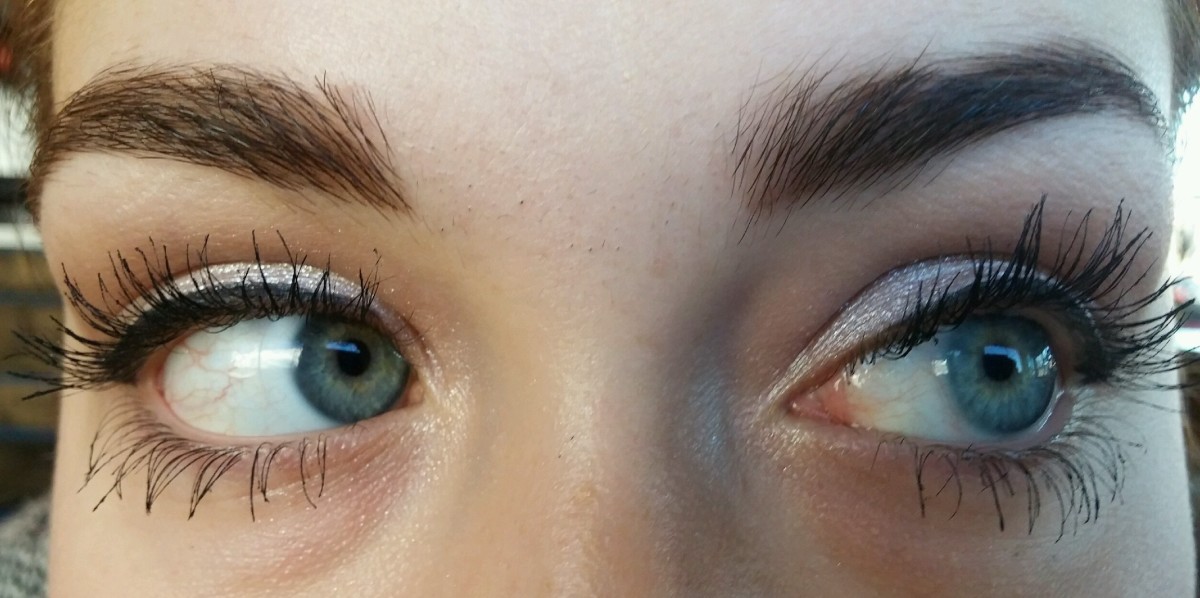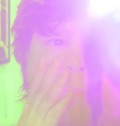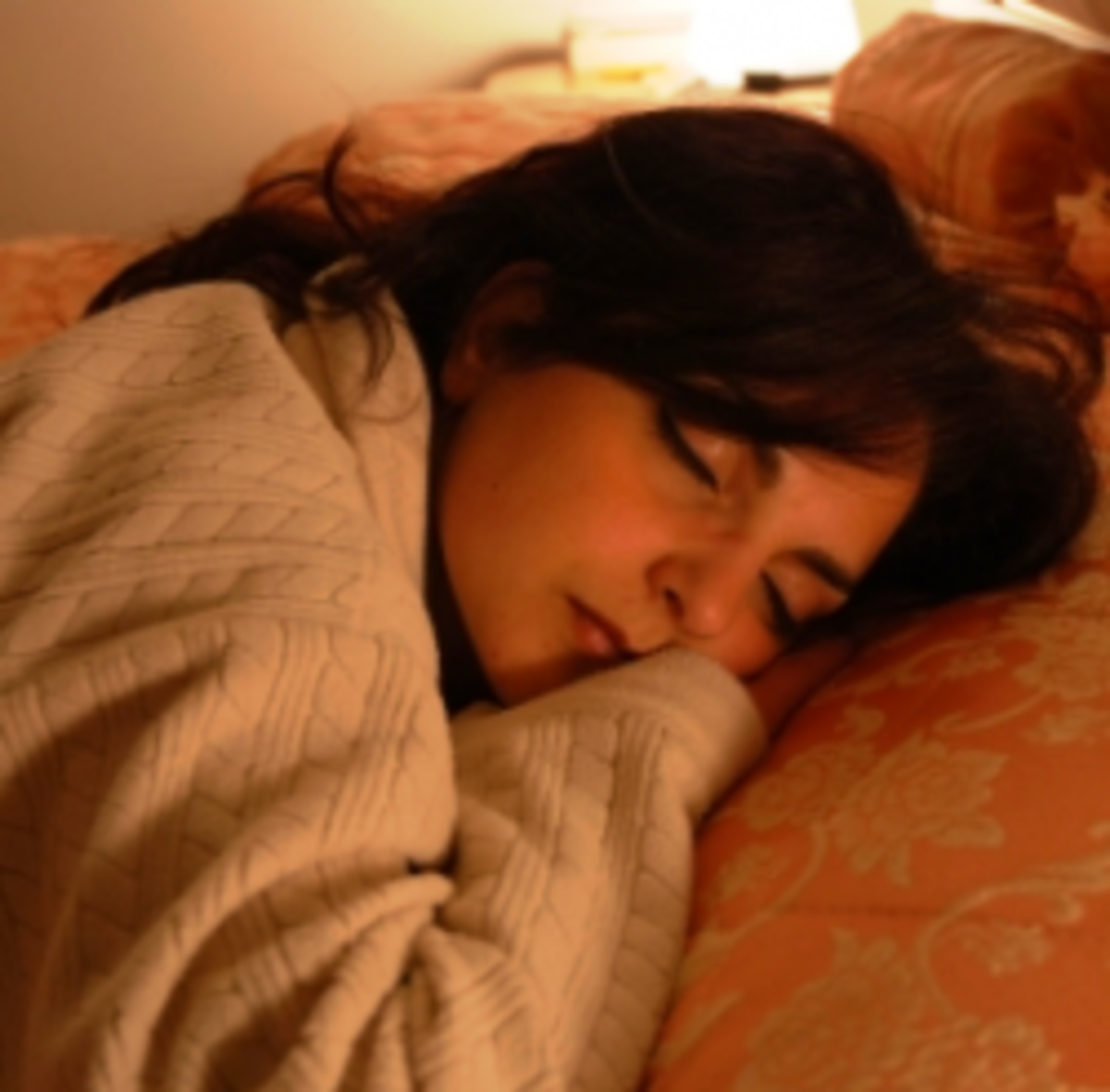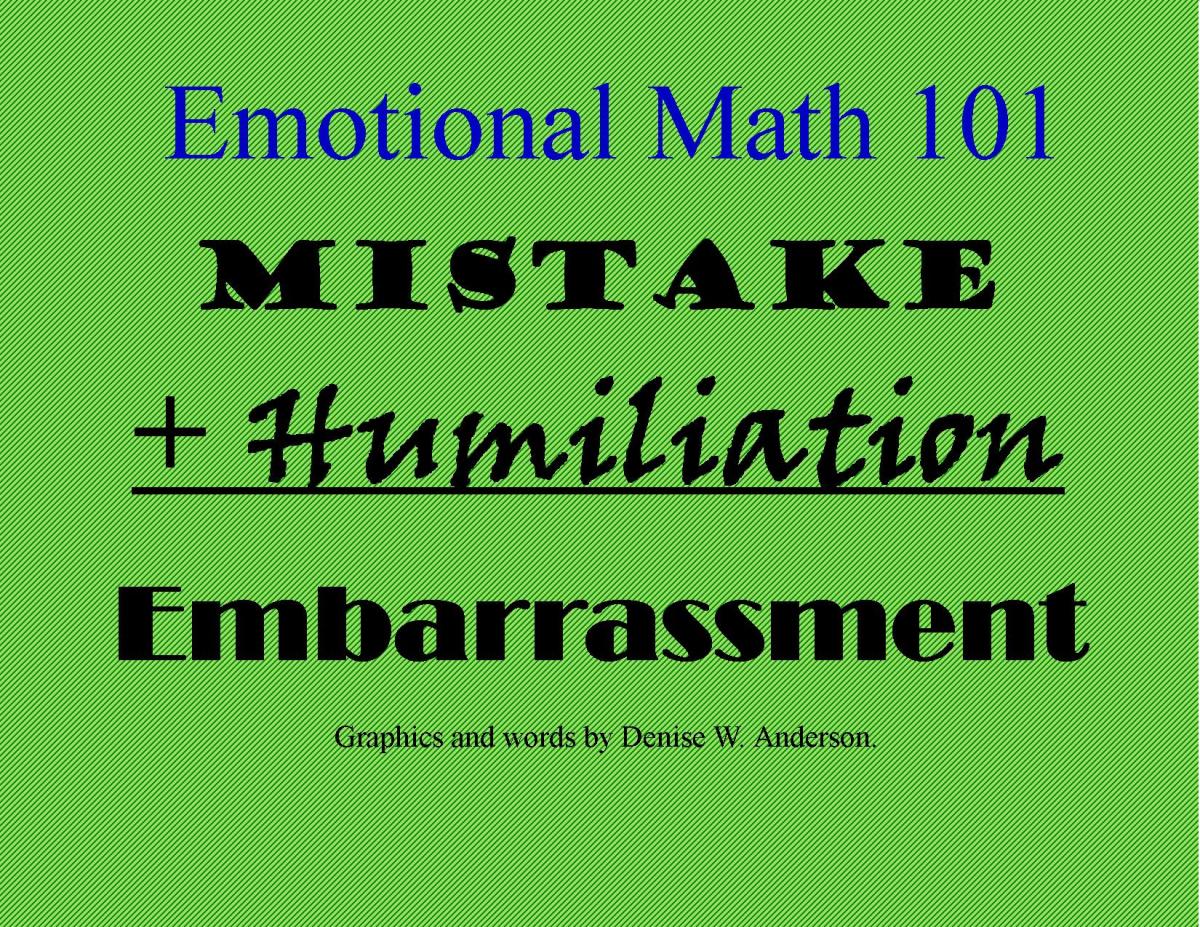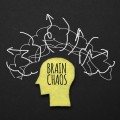What's The Difference Between Bipolar And Depression
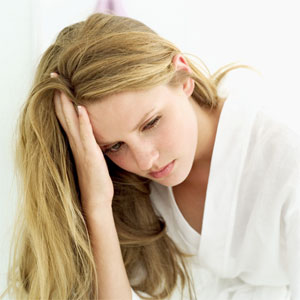
What is the difference between bipolar and depression?
In the United states it is estimated that about 26% of the population, over 18, suffer from some form of mental illness. However, no one is sure how accurate these numbers are because a lot of people suffering from mental illnesses never report it, or get the help they need. Unsurprisingly 90% of people who commit suicide are listed as having an undiagnosed mental condition. A lot of those individuals have one of the two illness' listed above, but what is the difference between bipolar and depression?
The most common mental illness in America is depression. For this reason, and the fact that bipolar and depression have some similarities, a lot of people suffering from bipolar disorder find themselves diagnosed with clinical depression. Doctors see many patients throughout the day, and honestly have little time to spend with each one. If they hear and see classic signs of depression a lot of times they will run with that, without delving any farther. This isn't because they don’t know what they're doing, they simply just don’t always have the time. In fact, somewhere between 10 - 25 % of individuals with bipolar were first diagnosed by their doctor as having clinical depression.
It can be very dangerous for someone who is bipolar to be misdiagnosed with depression. The medications a bipolar person needs are very different from the medications a depressive person needs. Anti-depressives can make bipolar symptoms much worse, and can lead to rage, not being able to think clearly, and suicide. So, for this reason it's important to know the difference between bipolar and depression before you go to the doctor.
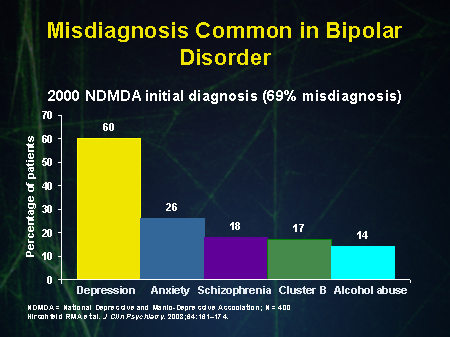
Depression
Depression is characterized by an ongoing feeling of unhappiness. These feelings can last for weeks, months, or even years. There are no mood swings associated with depression, it is a constant feeling of low. A person with depression may experience :
- Extreme unhappiness
- Sadness
- Lack of motivation
- Lack of energy
- Avoidance of friends and loved ones and things they normally enjoy
- Extreme tiredness
- Suicidal thoughts
This is not a complete list, for more information please see your doctor.
Bipolar Disorder (Manic Depression)
Depression is a huge part of bipolar although it tends to be more extreme in cases of bipolar than clinical depression. What sets bipolar apart from depression is mania. A sufferer of bipolar goes through extreme mood swings, from very low (depression) to very high (mania). A person going through these mood swings finds it almost impossible to control their actions, and most times they can not think in a logical manner. Someone with bipolar is almost completely at the mercy of their own feelings. Most of the time there is no reason for the mood swings at all, a person who is happy one minute can become very angry the next, without anything having caused it.
Symptoms Of Mania
Mania is the very high, almost drug-like, mood that occurs with bipolar disorder. Although the person suffering with mania feels great, it's dangerous because it causes a person to act differently than they normally would. Symptoms of mania include :
- Unnaturally high self-esteem
- Grandiose thoughts (thinking you are ‘special’, gifted, overly important, have special powers)
- Decreased need for sleep
- Becoming more talkative, talking faster than usual
- Racing thoughts that can’t be stopped
- Short attention span
- Extreme productivity
- Sexual appetite increase
- Spending money foolishly
- Engaging in dangerous activities (drugs, unprotected sex, etc)
- Very spontaneous attitude, jumping into things without thinking logically
- Overly happy
- Aggression, picking fights with others
- Irritable attitude
- Becoming Violent
- Delusions
- Hallucinations
- Paranoid thoughts
This is not a complete list of bipolar symptoms, and not all bipolar individuals experience all of these.
No one is sure of the exact cause of bipolar disorder, but it does tend to run in families especially on the maternal side. Bipolar is linked to high blood pressure, migraines, heart disease, diabetes, as well as substance abuse problems. If you feel you may have bipolar please contact a doctor immediately.
How Do I Know If I'm Bipolar
Now you have a basic understanding of the difference between bipolar and depression but remember the only person who can diagnose you with bipolar or depression is your doctor. However, if you have read over this article and feel that you have the symptoms of bipolar disorder I advise that you see a psychiatrist instead of your family doctor. Bipolar disorder is a complicated illness and a normal doctor simply isn't as knowledgeable as a psychiatrist is, in this area.
What Is Depression?
What Is Bipolar Disorder?
Do you have Bipolar?
More Information On Bipolar
- What Are The Different Types Of Bipolar Disorder
- How to deal with someone who is Bipolar
Bopolar Disorder effects millions everyday. The caretakers, family, and loved ones don't know what to do. Here are some tips on how to understand and help. - If You Are Bipolar Stay On Your Meds
Often people who are bipolar hate the side effects of their bipolar medications. They don't realize the meds are helping them until they stop taking them. This hub talks about the importance of working with a psychiatrist who understands brain chemis - How to tell if you have Bipolar Disorder
Bipolar disorder is a psychiatric condition characterized by severe disturbances in mood. People suffering from bipolar disorder, a term which has replaced the outdated ‘manic depression‘, go through episodes of mania (exaggerated highs)...

